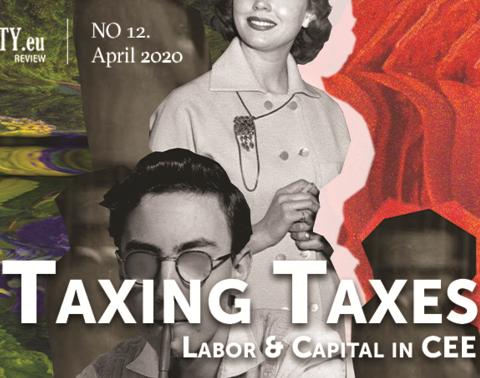The April issue of the 4liberty.eu Newsletter provides an overview of the articles published on the 4liberty.eu website, serving as a starting point for further exploration.
 |
We are pleased to present the twelfth issue of 4liberty.eu Review, titled “Taxing Taxation: Labor and Capital in CEE”. This time our primary focus is the taxation of labor and capital – from the cases of Poland and the Czech Republic, to Ukraine, Bulgaria, and Bosnia and Herzegovina. We do, however, tackle also related phenomena – by showcasing, for example, the Slovakian take on carbon taxes..
Maria Slominska-Fabis (Projekt: Polska):
The conservative Law and Justice (PiS) government has conducted a calculated attack on the rule of law in Poland since it came into power in 2015, securing an overall majority in the Sejm, the lower house of the Parliament.
|
|
||
|
||
|



![4liberty.eu N E W S L E T T E R [APRIL 2020] 4liberty.eu N E W S L E T T E R [APRIL 2020]](http://4liberty.eu/phidroav/2020/05/Cornelis_Norbertus_Gysbrechts_005.jpg)




